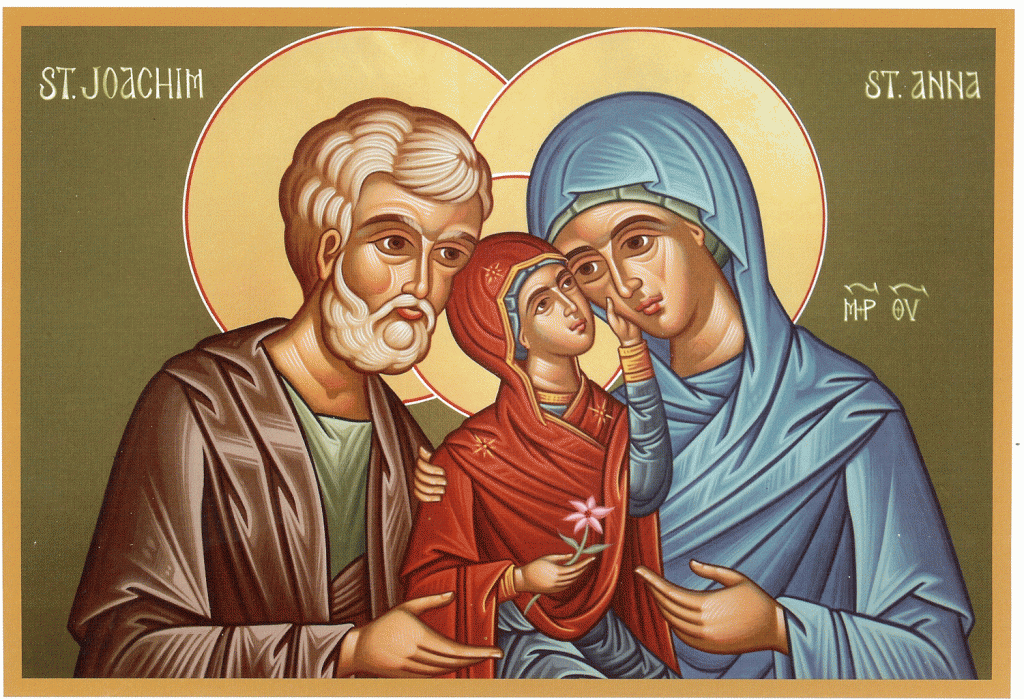
It has often been suggested that veneration of the Virgin St Mary, which is the respect and honour due to a human, and not worship which is due only to God, developed very late, after many pagans had joined the Church for convenience, and represents only the introduction of the worship of a semi-divine female figure. The evidence does not justify this at all. Not only does the Proto-evangelium of St James date from c.150 AD or earlier, but the earliest hymn which has been found dates from c.250 AD and is found in a fragment of a Coptic Orthodox Christmas Liturgy, which would suggest that it is much earlier.
It is the hymn which says…
-
- Beneath your compassion,
- We take refuge, O Mother of God:
- do not despise our petitions in time of trouble:
- but rescue us from dangers,
- only pure, only blessed one.
It has passed into many and most of the Orthodox liturgical traditions, which also indicate its early date. The time in which this hymn was composed and sung was one in which violent persecution of the Church remained ever present. The Church at this time was not filled with nominal believers. It was a Church still stained with the blood of martyrs. And it is out of this context that the appreciation of the intercession of the Virgin St Mary became so much valued.
She is known as one who is compassionate, and she is the Mother of the one who is God, Jesus Christ our Lord and the Word of God incarnate. She is pure and blessed. It does not seem to me that this is a late development added to Christianity, rather it is an expression of the relationship of the Church with the Virgin St Mary which is very early indeed.
How could it be otherwise? If she was that person, that entirely human person, which the Gospels and the earliest tradition describe, then she was always granted the highest respect. As she is found in her last reference in the New Testament in the middle of the early Church in Jerusalem, so she remained in these first centuries at the heart of the Church, which continued to seek her intercession and support in the years of persecution and until the present day.
